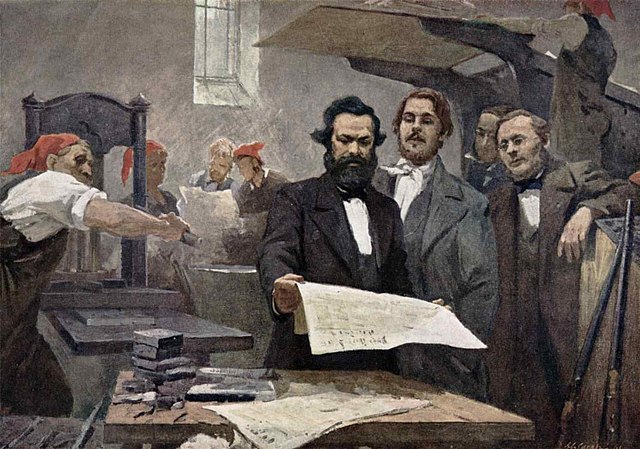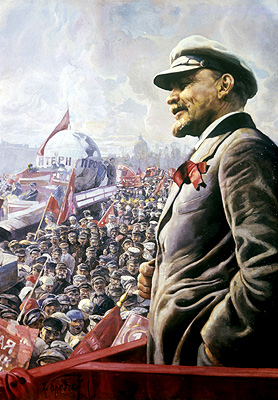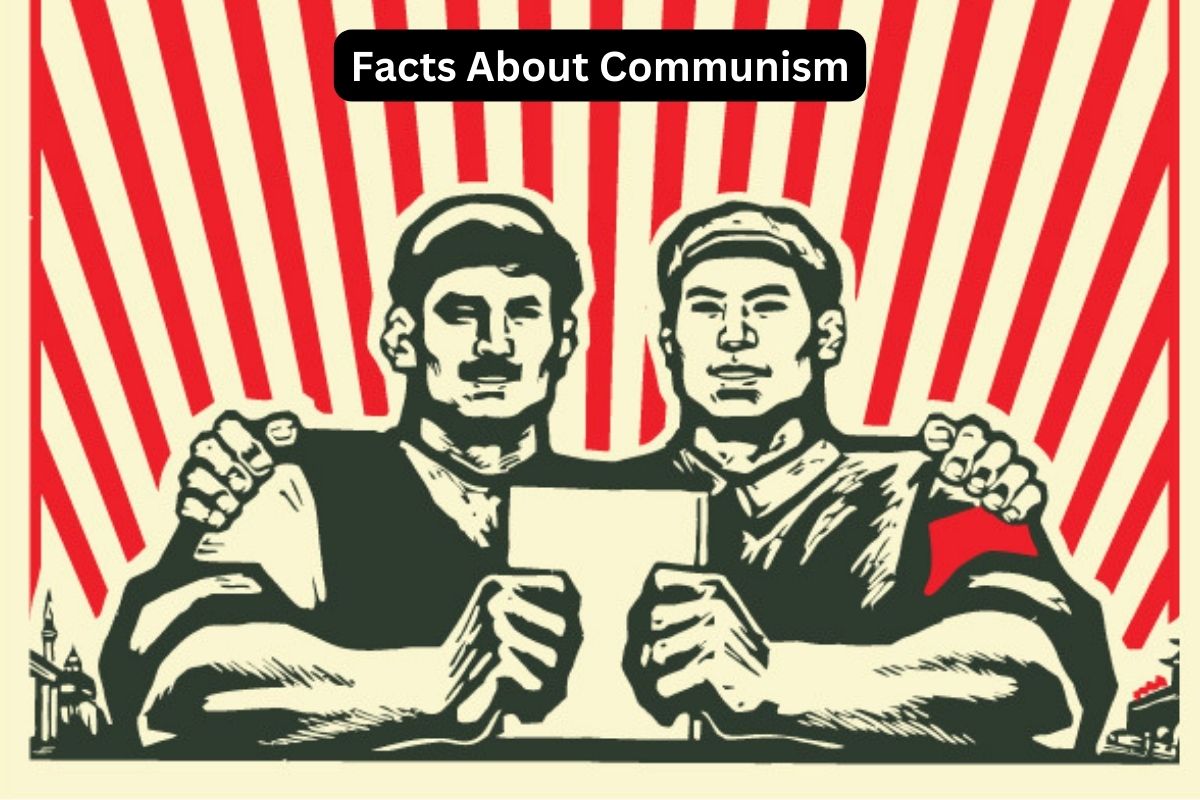Communism, a socio-political ideology that emerged in response to the inequalities of industrial capitalism, has left an indelible mark on the course of history.
From its origins in the writings of Karl Marx and Friedrich Engels to its implementation in states like the Soviet Union and China, communism has sparked both fervent devotion and vehement criticism.
In this article, we delve into the complexities of communism’s legacy, examining its theoretical foundations, historical manifestations, and contemporary relevance.
From the classless society envisioned by its founders to the authoritarian regimes that characterized its implementation, we explore the multifaceted impact of communism on societies worldwide.
Communism Facts
1. Emerged in 19th century as response to capitalism’s inequalities
Communism arose as a socio-political response to the injustices and disparities brought about by industrial capitalism during the 19th century.
Also Read: Chernobyl Timeline
Karl Marx and Friedrich Engels, in their seminal work “The Communist Manifesto” published in 1848, articulated the core tenets of communism, which aimed to address the exploitation of the working class under capitalism.

2. Aims for classless society with common ownership of production
Central to communist ideology is the vision of a classless society where the means of production are collectively owned by the people rather than controlled by a wealthy elite.
This collective ownership is intended to eliminate the disparities in wealth and power inherent in capitalist societies, ensuring that resources are distributed according to need rather than profit.
3. Marxism-Leninism adapted communism for Russia
Leninism, an adaptation of Marxist theory by Vladimir Lenin, was developed to suit the conditions of early 20th-century Russia.
Also Read: Timeline of Communism
It emphasized the necessity of a vanguard party to lead the proletariat (the working class) in a revolutionary struggle against the bourgeoisie (the capitalist class).
Leninism also advocated for the establishment of a dictatorship of the proletariat as a transitional stage towards the ultimate goal of a classless, stateless society.
4. Soviet Union first major communist state
Following the Russian Revolution of 1917, the Bolsheviks, led by Vladimir Lenin, established the Soviet Union as the world’s first major communist state.
The Bolsheviks, later known as the Communist Party of the Soviet Union (CPSU), implemented Marxist-Leninist principles, including the nationalization of industry, collectivization of agriculture, and the establishment of a planned economy.
The Soviet Union became a global superpower and a focal point of the communist movement, influencing the spread of communism internationally.

5. Cold War saw communism vs capitalism rivalry
The ideological conflict between communism and capitalism escalated into the Cold War, a geopolitical standoff between the United States and its allies (the Western bloc) and the Soviet Union and its allies (the Eastern bloc).
The Cold War, which lasted from the late 1940s to the early 1990s, was characterized by political tension, military buildup, espionage, and proxy wars fought in regions such as Korea, Vietnam, and Afghanistan.
The rivalry between the two superpowers shaped global politics and international relations during this period.
6. Often led to authoritarian regimes and human rights abuses
While communism aspired to create a classless and egalitarian society, the implementation of communist regimes often resulted in authoritarian rule and widespread human rights abuses.
Examples include the Stalinist regime in the Soviet Union, Mao Zedong’s rule in China, and the Khmer Rouge regime in Cambodia under Pol Pot.
These regimes were characterized by political repression, mass purges, forced labor camps, and suppression of dissent. The authoritarian nature of communist governments led to criticism from both within and outside the communist movement, undermining the idealistic goals of communism.
7. Soviet Union collapsed in 1991, ending Cold War
The Soviet Union’s collapse in 1991 marked the end of the Cold War and the disintegration of the world’s largest communist state.
A combination of internal and external factors contributed to the collapse, including economic stagnation, political reforms initiated by Soviet leader Mikhail Gorbachev (such as glasnost and perestroika), nationalist movements within the Soviet republics, and pressures from the Western bloc.
The dissolution of the Soviet Union led to the emergence of independent states in its former territory and a significant shift in global geopolitics, with capitalism emerging as the dominant economic system.

8. Few remaining communist states: Cuba, N. Korea, Vietnam, China
Despite the collapse of the Soviet Union, a few countries continue to adhere to communist ideology to varying degrees these include:
- Cuba, led by the Communist Party of Cuba since the Cuban Revolution in 1959
- North Korea, governed by the ruling Workers’ Party of Korea under a highly centralized system
- Vietnam, where the Communist Party of Vietnam maintains a one-party system following the reunification of North and South Vietnam in 1976
- China, where the Communist Party of China has maintained authoritarian control over the country since 1949, albeit with significant economic reforms since the late 1970s.
9. Critics cite stifling of freedoms, inefficiency, corruption
Critics of communism often point to its track record of stifling individual freedoms, limiting economic innovation and efficiency, and fostering corruption and inefficiency.
The abolition of private property and centralization of economic control under state ownership have been criticized for suppressing entrepreneurial spirit and creativity.
Moreover, the concentration of power in the hands of the state has led to instances of authoritarianism, political repression, and human rights abuses in communist regimes throughout history.
10. Some advocate modern adaptations for communism’s ideals
Despite the historical failures of communist regimes, some individuals and groups continue to advocate for communist ideals while seeking to address past shortcomings and adapt to contemporary challenges.
This includes proposals for decentralized socialism, participatory democracy, and sustainable economic planning.
Advocates argue for a reimagining of communism that prioritizes individual liberties, democratic governance, and ecological sustainability, aiming to create a more equitable and just society without repeating the mistakes of the past.
